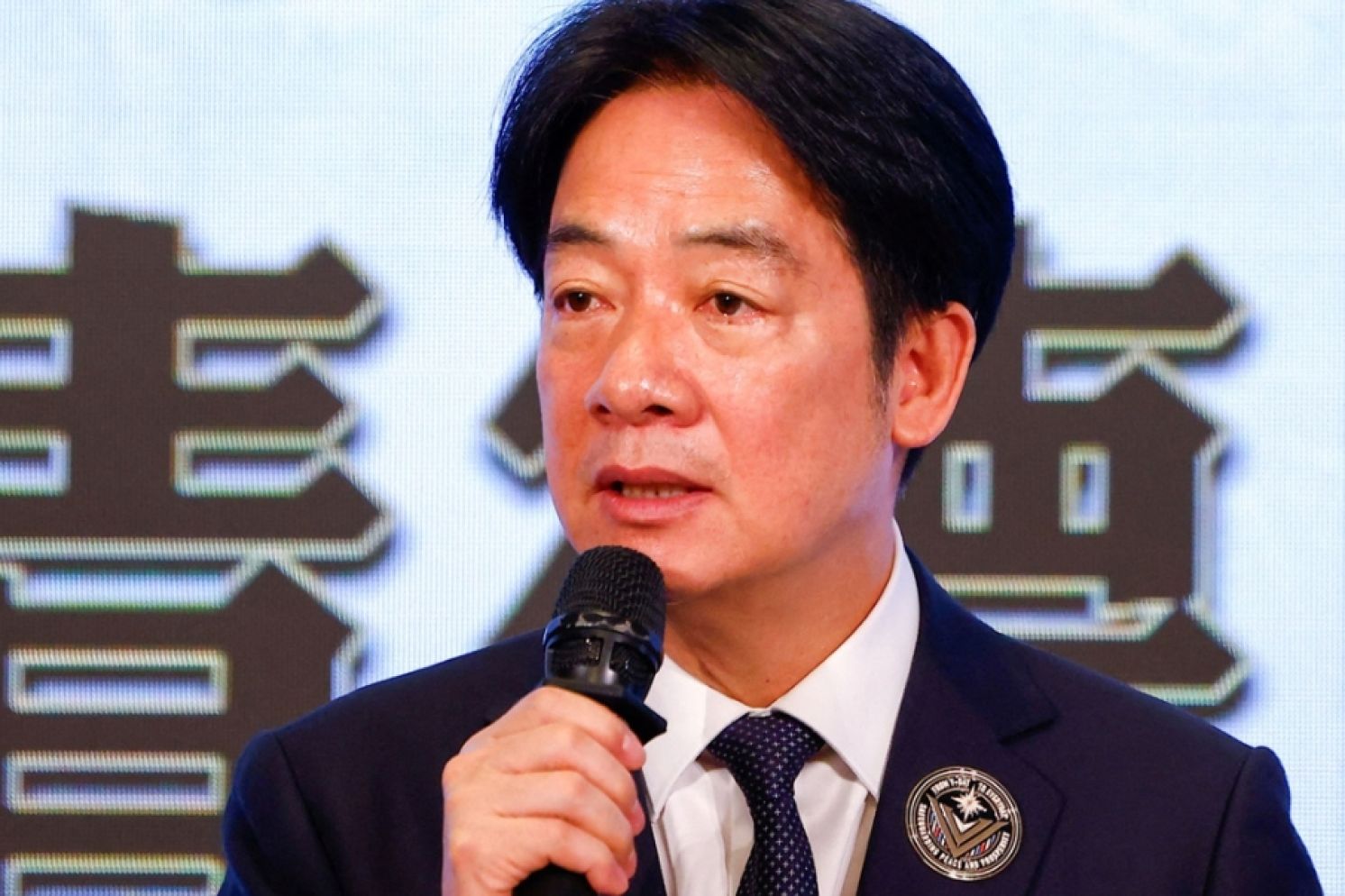
President Lai's U.S. Transit Reflects U.S.-China Rivalry
By Ma Chun-Wei, China Times, July 15, 2025
While visiting diplomatic ally Paraguay on July 14, Minister of Foreign Affairs Lin Chia-lung revealed that the South American country is eagerly preparing to receive President Lai Ching-te within the next 30 days. The remarks inadvertently disclosed President Lai’s upcoming overseas itinerary. Media reports suggest that in addition to Paraguay, President Lai will also visit Taiwan’s diplomatic allies Guatemala and Belize, with a significant stopover in the United States.
Although the Office of the President has yet to officially confirm the U.S. transit, if it proceeds, it would mark President Lai’s first stop on American continental soil since U.S. President Donald Trump began his second term in January—a development with considerable symbolic weight.
Since the start of Trump’s second presidency, Taiwanese officials have been making frequent trips to the United States. In March, Vice Minister of National Defense Po Hung-hui attended a rollout ceremony for F-16V fighter jets. In April, Secretary-General Joseph Wu of the National Security Council led a delegation to meet with senior Trump administration officials. In May, Minister Lin represented Taiwan at an AI summit in Texas, promoting economic and technological cooperation. In June, Secretary-General Pan Men-an of the Office of the President attended the Alaska Sustainable Energy Conference. Later that month, Minister of Economic Affairs Kuo Jyh-huei led a delegation of business leaders to the United States, followed by Vice Premier Cheng Li-chun and Director-General Tsai Ming-yen of the National Security Bureau, who both visited Washington for trade talks and security consultations.
These high-level exchanges suggest that the U.S.-Taiwan Travel Act, signed during Trump’s first term, is now being implemented in practice, paving the way for increasingly unrestricted official contact between the two sides.
Given this recent pattern, President Lai’s expected transit through the U.S. in August appears to be a natural extension of growing Taiwan-U.S. engagement. During a previous trip to Taiwan’s Pacific allies in November 2024, President Lai transited only through Hawaii, avoiding the U.S. mainland—a move widely interpreted as a diplomatic downgrade due to the timing of the U.S. presidential election. However, with heightened exchanges in early 2025, expectations are higher that President Lai will receive a more dignified reception this time. Some observers believe Washington could use President Lai’s transit to strengthen its bargaining position ahead of a potential Trump-Xi summit.
On the mainland side, tensions are rising. Since June, President Lai has repeatedly delivered a series of 10 speeches on national unity, which Beijing views as provocative. Beijing is expected to closely monitor President Lai’s U.S. transit. During his previous Hawaii stopover, mainland China’s Ministry of Foreign Affairs lodged a formal protest, reiterating its strong opposition to any form of official U.S.-Taiwan interaction and condemning visits by Taiwanese leaders to the United States under any pretext. At the time, Beijing responded with relative restraint, due to the lower political sensitivity of the Hawaii transit and uncertainty following the U.S. election.
This time, however, the context is markedly different. President Lai’s U.S. transit is expected to take place shortly before the anticipated Trump-Xi meeting and after his “10 speeches on national unity,” factors that could prompt Beijing to escalate pressure through military exercises or diplomatic retaliation.
Overall, U.S.-Taiwan relations have undergone a significant shift in both frequency and seniority of official interactions in 2025. President Lai’s upcoming U.S. transit appears aimed not only at asserting Taiwan’s diplomatic space but also at building mutual trust between the new governments in Taipei and Washington. The level of reception that President Lai receives could serve as a key indicator of the Trump administration’s evolving stance toward Taiwan. Should the visit meet the standards set during President Tsai Ing-wen’s previous transits, it would be seen as a strong signal of continuity. However, any perceived downgrade may spark speculation about a shift in U.S. policy or doubts about President Lai’s standing and fuel uncertainty over the future of cross-strait and U.S.-Taiwan relations.
(The author is assistant professor at the Graduate Institute of International Affairs and Strategic Studies, Tamkang University.)
From: https://www.chinatimes.com/opinion/20250715004505-262104?chdtv